Tag
#Brazil
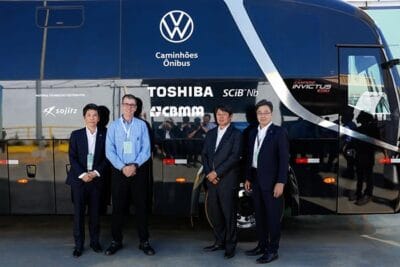
Toshiba delivers first battery samples with niobium-titanium oxide anode
06.06.2025

EU announces 13 critical raw materials projects in third countries
05.06.2025
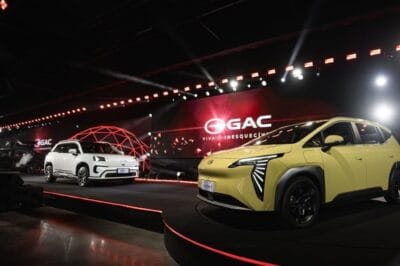
GAC launches electric cars in Brazil and takes aim for local production
26.05.2025
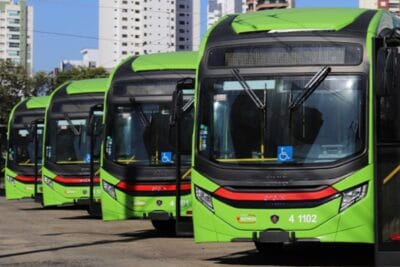
São Paulo expands electric bus fleet
15.05.2025
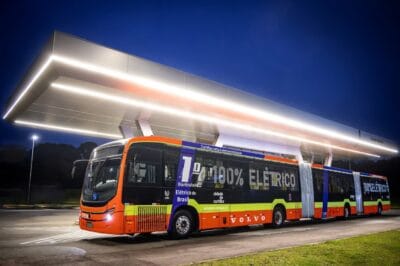
Volvo starts production of electric double-articulated buses in Brazil
15.05.2025
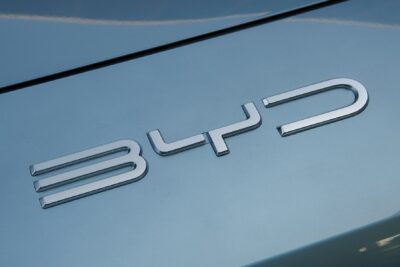
BYD secures rights for lithium mining in Brazil
18.02.2025
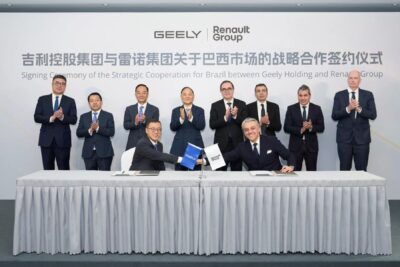
Renault and Geely sign cooperation deal in Brazil
18.02.2025
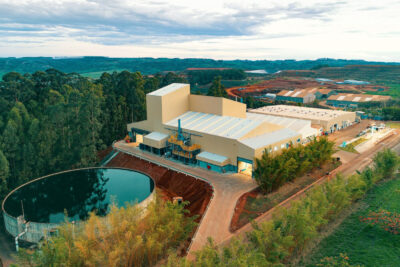
Echion and CBMM open a facility to mass-produce XNO
22.11.2024
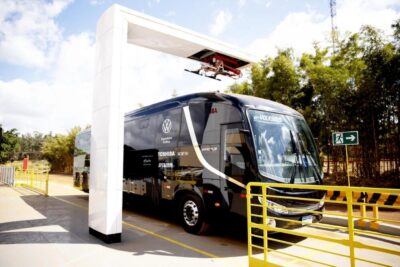
Volkswagen Truck & Bus tests electric bus with ultra-fast charging battery in Brazil
21.06.2024
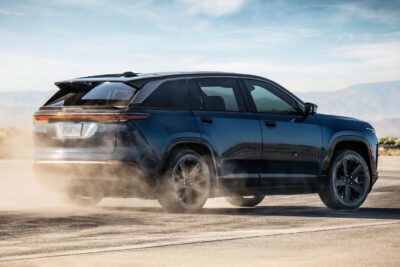
Jeep officially enters the electric vehicle game with the Wagoneer S
31.05.2024
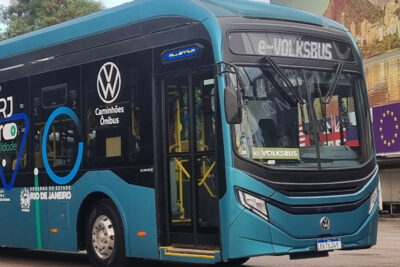
VW announces electric bus from Brazil
29.03.2024
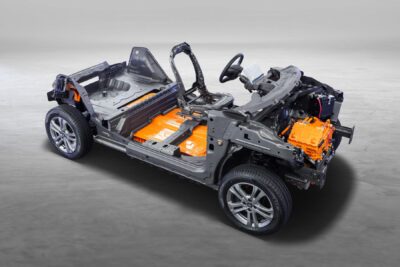
Stellantis plans to build electric cars in South America
07.03.2024
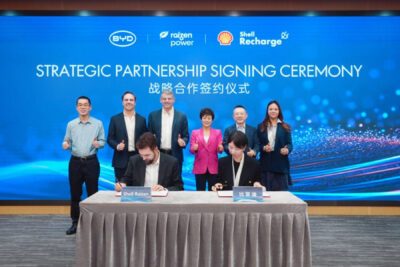
BYD and Shell build 600 DC charging points in Brazil
05.02.2024
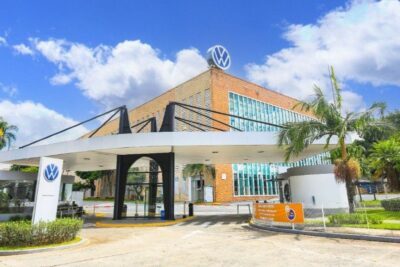
Volkswagen invests heavily in Brazil
05.02.2024
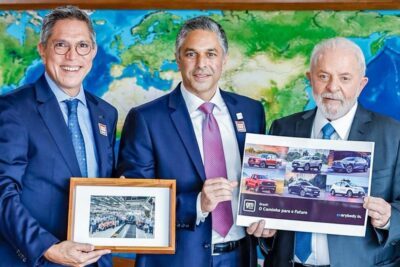
GM pumps billions into the electrification of its Brazilian business
25.01.2024
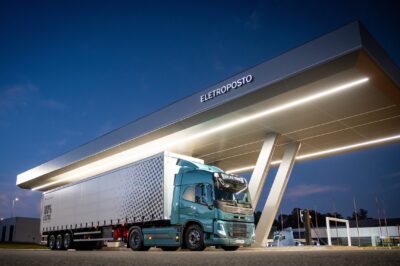
Volvo Trucks scores first BEV orders in Latin America
21.12.2023
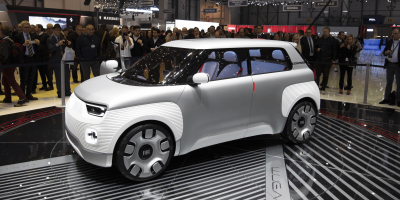
Fiat’s upcoming small electric car is called Pandina
06.12.2023

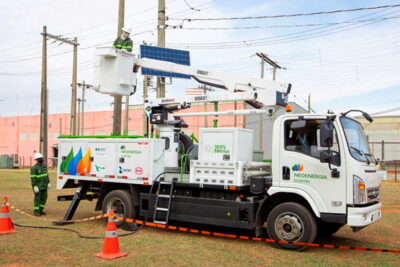
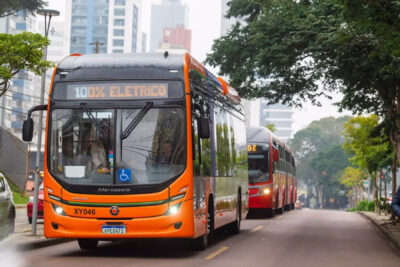
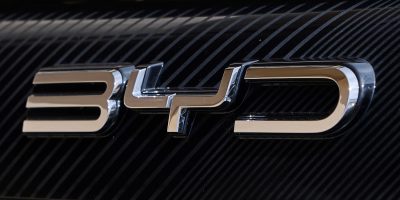
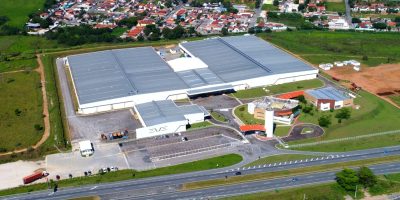
Last commented